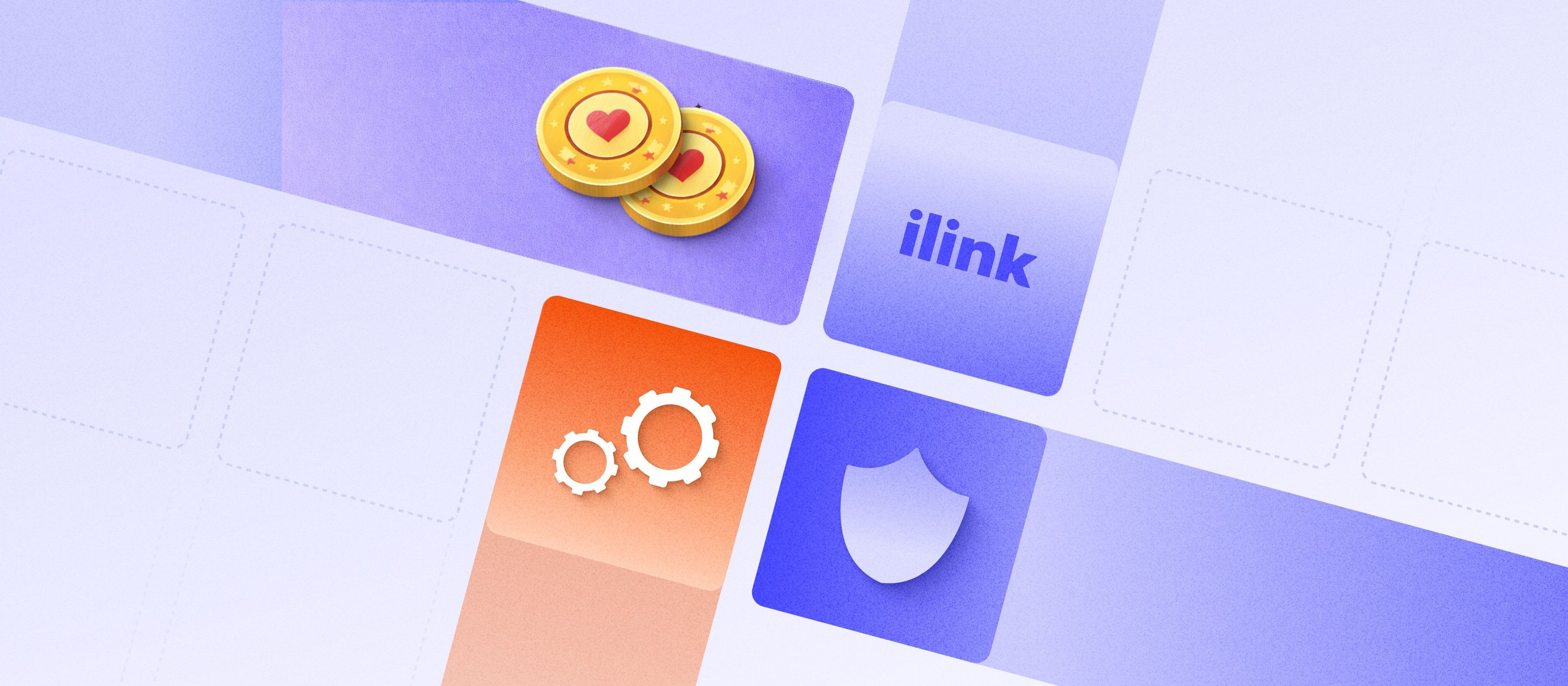List of Smart Contract Platforms: Choosing the Best Blockchain for Your Project in 2026
Introduction
Smart contracts are the backbone of decentralized applications (dApps), enabling trustless transactions, automation, and innovation across industries, from finance and gaming to supply chains and digital identity. Their growing adoption is reflected in market data: the global smart contracts market is expected to be worth USD 2.69 billion in 2025 and reach USD 12.07 billion by 2032, expanding at a compound annual growth rate (CAGR) of 23.9 % during the forecast period, according to Fortune Business Insights. This rapid growth highlights how smart contracts are becoming a core component of modern digital infrastructure.
While the concept of smart contracts is universal, the platform you choose to build on makes a significant difference in scalability, security, performance, and long-term viability. With a growing number of blockchains offering smart contract capabilities, it is crucial for developers, startups, and enterprises to clearly understand their options.
In this article, we explore the top smart contract platforms of 2025, comparing their features, strengths, and ideal use cases to help you choose the right foundation for your project.
This article was prepared by ilink, a trusted blockchain development company with over 13 years experience and more than 100 blockchain projects successfully launched worldwide. The analysis is based on reliable industry sources and the practical expertise of iLink’s team of analysts and blockchain developers, who have worked extensively with blockchain technologies across multiple industries.
What Is a Smart Contract Platform?
A smart contract platform is a blockchain network that supports the deployment and execution of self-executing code, known as smart contracts. These platforms power everything from decentralized finance (DeFi) and NFTs to autonomous organizations and cross-border payments.
When evaluating smart contract platforms, key factors include:
- Scalability and transaction throughput;
- Security and network stability;
- Developer tools and documentation;
- Transaction fees;
- Ecosystem size and interoperability.
Key Takeaways (from investopedia.com)
- Smart contracts are self-executing programs on the blockchain that automatically carry out transactions when specific conditions are met, eliminating the need for a central authority or intermediary.
- Originally proposed by Nick Szabo in 1994, smart contracts have become crucial for various applications, including real estate, trading, and supply chain management.
- Smart contracts streamline processes by automatically executing agreements between parties, but their connection to real-world actions—such as physical goods delivery—remains under development.
- The primary advantage of smart contracts is the reduction of third-party involvement, though this technology also faces challenges and limitations that need addressing.
List of Smart Contract Platforms in 2026
Let’s break down the leading platforms shaping the smart contract landscape this year:
1. Ethereum
As the first smart contract platform, Ethereum continues to lead the industry with the largest dApp ecosystem and developer community.
- Key features - Ethereum Virtual Machine (EVM), robust DeFi ecosystem, Layer 2 scalability.
Pros:
- Widely adopted and secure;
- Thousands of existing dApps and protocols;
- Strong developer support and tools.
Cons:
- High gas fees on Layer 1;
- Network congestion.
Best for: DeFi, DAOs, NFTs, Web3 infrastructure.
2. Solana
Solana is known for its ultra-fast throughput and low fees, making it ideal for performance-critical applications.
- Key features - Proof of History, low-cost transactions, sub-second finality.
Pros:
- High-speed, low-fee environment;
- Growing NFT and gaming ecosystems.
Cons:
- Occasional network outages;
- Custom virtual machine (not EVM-compatible).
Best for: GameFi, trading platforms, social dApps.
3. Polygon (Ethereum Layer 2)
Polygon is a scaling solution for Ethereum, offering EVM-compatible smart contracts with lower costs and higher speeds.
- Key features - PoS chain, zk-rollups, EVM compatibility.
Pros:
- Seamless migration from Ethereum;
- Massive ecosystem growth.
Cons:
- Less decentralized than Ethereum mainnet.
Best for: Scalable dApps, NFT platforms, multi-chain solutions.
4. Binance Smart Chain (BNB Chain)
Binance’s BNB Chain is a high-performance EVM-compatible chain, popular for its speed and developer accessibility.
- Key features - Fast block times, low gas fees, large user base.
Pros:
- Quick time to market;
- Easy for Ethereum developers to transition.
Cons:
- Centralization concerns due to validator structure.
Best for: Retail DeFi, token launches, quick-to-deploy projects.
5. Avalanche
Avalanche supports customizable subnets and fast, scalable dApps with high throughput.
- Key features - Subnet architecture, AVM (Avalanche VM), low latency.
Pros:
- Supports complex enterprise use cases;
- Parallel chain support.
Cons:
- Smaller ecosystem compared to Ethereum.
Best for: Enterprise dApps, scalable DeFi, custom blockchains.
6. Polkadot
Polkadot enables interoperability through its parachain and relay chain architecture.
- Key features - Cross-chain compatibility, Substrate framework.
Pros:
- Modular design for custom logic;
- High scalability.
Cons:
- Not EVM-native by default.
Best for: Interoperable networks, custom chain builders, Web3 backends.
7. Cardano
Cardano is built on peer-reviewed academic research and aims for maximum security and sustainability.
- Key features - Formal verification, Proof of Stake (Ouroboros).
Pros:
- High assurance for critical applications;
- Low energy usage.
Cons:
- Slower dApp development cycle.
Best for: Government, education, compliance-heavy projects.
8. NEAR Protocol
NEAR is a developer-friendly, sharded blockchain that offers simplified UX and low-cost deployment.
- Key features - Human-readable addresses, Nightshade sharding.
Pros:
- Fast and cheap;
- Great onboarding tools for users and devs.
Cons:
- Less adoption than Ethereum-based chains.
Best for: Consumer-facing dApps, wallets, social apps.
9. Algorand
Algorand delivers institution-grade speed and security, focusing on real-world financial applications.
- Key features - Pure Proof-of-Stake, instant finality.
Pros:
- Enterprise-focused;
- Strong sustainability credentials.
Cons:
- Limited DeFi and NFT ecosystem.
Best for: Fintech, payments, tokenized assets, CBDCs.
10. Tezos
Tezos offers on-chain governance and formal smart contract verification, appealing to enterprises and institutions.
- Key features - Self-amending ledger, Michelson smart contracts.
Pros:
- Upgradable without hard forks;
- Attracts regulated institutions.
Cons:
- Smaller community.
Best for: Enterprise blockchain solutions, regulated DeFi, digital art.
Need to create a smart contract?
Our team of blockchain experts can analyze, plan, and develop a smart contract suitable for achieving your goals.

How to Choose the Right Smart Contract Platform
Choosing the right smart contract platform depends on your project’s goals, technical needs, and long-term plans. Below are the key factors to consider, along with practical examples for each.
- Use case and industry fit
Some platforms are better suited for specific applications.- Ethereum is widely used for DeFi protocols, NFT marketplaces, and DAOs.
- Solana is often chosen for gaming and high-frequency applications due to its speed.
- Hyperledger Fabric is popular for enterprise and private blockchain solutions.
- Scalability and performance
Transaction speed and fees can directly impact user experience.- Solana and Avalanche support thousands of transactions per second with low fees.
- Ethereum Layer-2 solutions (such as Arbitrum or Optimism) are commonly used to reduce costs while staying within the Ethereum ecosystem.
- Security and reliability
A strong security track record is essential, especially for financial applications.- Ethereum is considered one of the most secure platforms due to its large validator network and extensive auditing practices.
- Cardano emphasizes peer-reviewed research and formal verification for smart contracts.
- Developer ecosystem and tools
Platforms with mature tools and large communities accelerate development.- Ethereum offers a rich ecosystem with tools like Solidity, Hardhat, and Truffle.
- Polkadot provides frameworks for building custom blockchains with shared security.
- Interoperability and integrations
Cross-chain capabilities can be critical for multi-network applications.- Polkadot is designed for interoperability between different blockchains.
- Cosmos enables communication between independent chains through IBC (Inter-Blockchain Communication).
- Governance and long-term viability
Governance models affect how platforms evolve over time.- Tezos uses on-chain governance, allowing upgrades without hard forks.
- Ethereum follows an off-chain governance model driven by community consensus and developer proposals.
By evaluating these factors and matching them to your specific requirements, you can choose a smart contract platform that offers the right balance of performance, security, and ecosystem support for your project.
Emerging Smart Contract Platforms to Watch in 2026
A number of emerging platforms are gaining traction thanks to unique features such as enhanced scalability, specialized use case support, and improved interoperability. Here are key platforms to watch in 2026:
- Sui. A high-performance Layer-1 blockchain designed for scalability and asset-centric architecture. Sui’s parallel execution model enables fast transaction processing, making it attractive for gaming, NFTs, and Web3 applications.
- Aptos. Built by former Meta engineers, Aptos focuses on safety, reliability, and fast throughput using the Move programming language. Its strong developer adoption and novel consensus mechanisms position it as a compelling alternative for DeFi and consumer applications.
- Base. A Layer-2 platform backed by Coinbase and powered by the OP Stack. Base aims to bring Ethereum-level security with lower fees, appealing to developers seeking mainstream user access and seamless integration with the broader Ethereum ecosystem.
- Polygon zkEVM / Polygon 2.0. Polygon’s zero-knowledge EVM-compatible chains and next-gen scalability roadmap aim to deliver low-fee, secure transactions while remaining compatible with existing Ethereum tooling. This makes the ecosystem attractive for scalable dApps and enterprise solutions.
- Fantom. A DAG-based Layer-1 network with fast finality and low fees. Fantom continues to foster DeFi, NFT, and gaming projects thanks to its scalable architecture and strong community support.
- Immutable X. Focused on NFTs and gaming, Immutable X uses zero-knowledge proofs to enable high throughput and gas-free trading. It’s especially notable for marketplaces and blockchain games demanding seamless user experiences.
- Flow. Designed by the creators of CryptoKitties, Flow offers a developer-friendly environment tailored to consumer blockchain experiences and large-scale applications in entertainment, sports, and NFTs.
- Basechain (OP Stack). While part of the broader Base ecosystem, standalone OP Stack-based chains optimized for specific use cases (e.g., specialized gaming or community nets) are gaining attention for modular flexibility.
- Celestia. A modular blockchain focusing on data availability and interoperability. By separating consensus from execution, Celestia streamlines custom smart contract platform deployment, enabling teams to tailor execution layers to their needs.
- Near Protocol. Near’s sharded architecture and user-friendly design continue attracting developers seeking low barriers to entry, strong tooling, and cross-chain interoperability.
These emerging smart contract platforms reflect the broader trend toward scalability, specialization, and interoperability in Web3 development. Projects looking for alternatives to legacy networks or seeking specific performance characteristics should evaluate these ecosystems as part of their 2026 strategy.
(Article updated 22.12.2025)
Need expert insight for your idea?
ilink’s team can help evaluate platforms and design scalable smart contract solutions.

Comments (0)
Latest Posts
Learn how AURI, the automated AI call center, transforms business communication. Natural dialogue, CRM integration, omnichannel support, rapid deployment, and enterprise-grade security in one intelligent solution.
Learn how to build an online casino that scales: games, payment options, compliance basics, risk controls, and operational automation for growth.
Turn blockchain ideas into production-ready solutions
Reach out to ilink for expert smart contract and blockchain development support.




